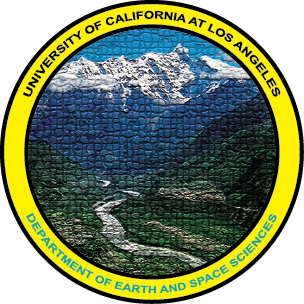Current Research
I am currently working on problems related to planetary processes, which include tectonics of rocky and icy satellites, tectonics of terrestrial planets, scaling laws of polygon formation in the solar system (e.g., Mars and Pluto), analogue and numerical modeling of planetary processes (e.g., double ridges and ridge plain terrains common on icy satellites). I am also working on developing earthquake mechanics models related to slow-slip processes and double-seismic zones at convergent plate margins. My planetary studies are naturally linked with the studies on the history of early Earth (South Africa) and continental tectonics (Asia and the North America Cordillera). With my extensive research experience on Earth, my planetary studies use the well understood processes on Earth to decipher the underpinning physics that controls the similar processes in other worlds. This is achieved by quantifying the processes using analogue experiments and numerical models that allow proper scaling of gravity and material properties when Earth-based models are used. As a field geologist, my work on earthquake mechanics integrates real-world observations (rocks!) with developing new and innovative physics-based models. This approach allows me to assess the first-order effects that control the mechanics of earthquakes. The goal of my work in South Africa is to create plausible kinematic reconstructions of ancient mountains belts based on field constraints; the kinematic reconstructions based on modern analytical tools are compared against the known deformation processes induced by plate tectonics. This in turn addresses the fundamental questions of when and how plate tectonics started operating on Earth. Finally, I continued my long-time interests in the studies of continental tectonics. To this end, I select key areas to test hypotheses with regional and global significance.
Perspective Graduate Students
I welcome graduate students who have strong field training and/or strong quantitative backgrounds to join my research group. My current graduate students have diverse academic backgrounds, with their college degrees varying from astrophysics, geology, to geophysics. I am particularly interested in training new graduate students to work on first-order frontier problems in Earth and Planetary Sciences using non-traditional and discipline-crossing approaches.
